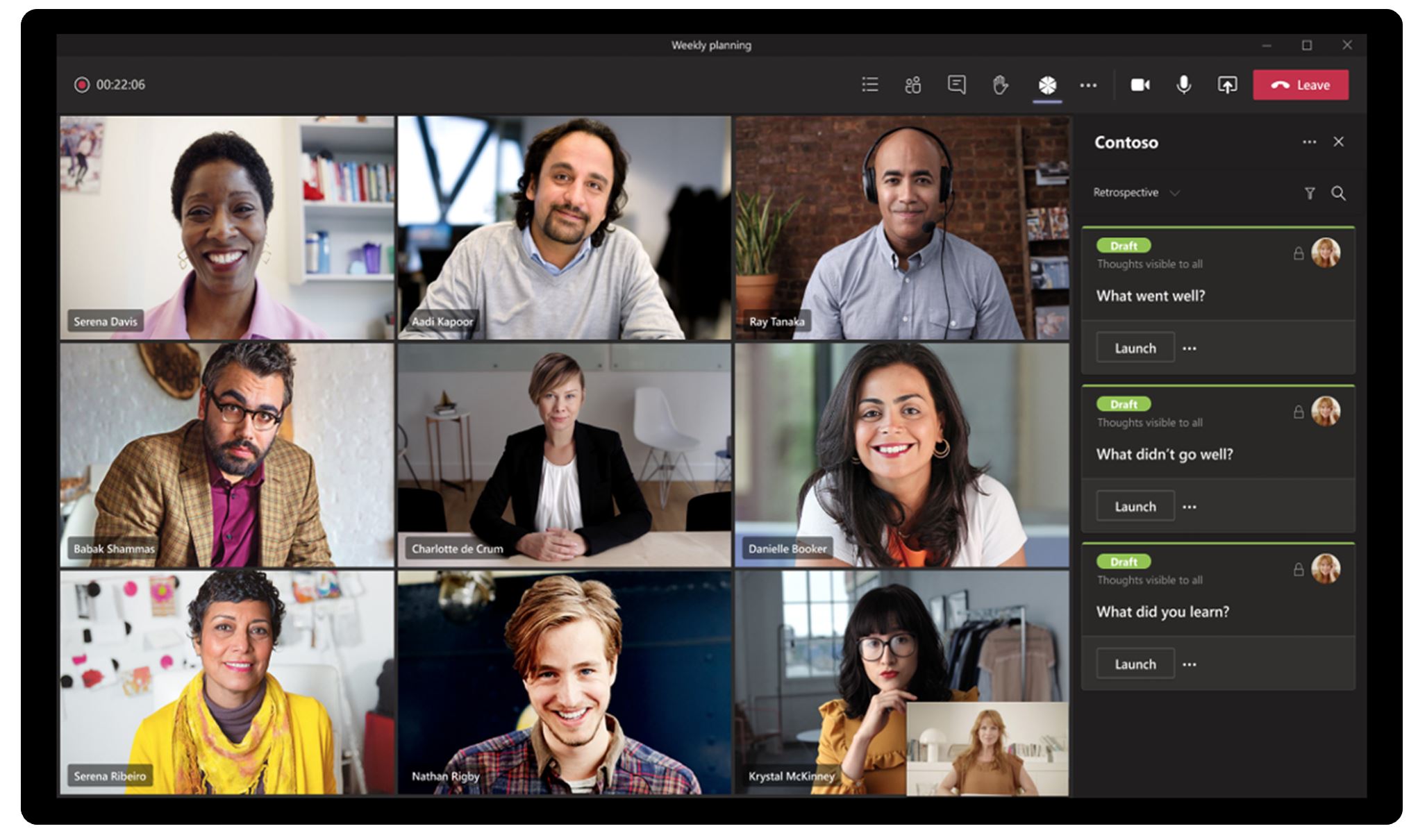Today's changing ways of working pose some challenges when it comes to human interactions. And whilst the technology is designed to work almost down to the tee (with the occasional full system meltdown), some other aspects need considering when interacting with others. If you had known people for any amount of time before starting to work remotely it's not a big deal. Even though your habits might have changed as a result of remote working, ultimately the individual is still very much the same person. And if they are showing big changes in their overall persona, that might actually be a place for concern.
 There are things that you need to bear in mind:
There are things that you need to bear in mind: - Experts agree that over 70% of communication is non-verbal and whilst there are times when it's impractical to have your camera on when you're working from home, to read those non-verbal cues whilst communicating with your team members make sure you have your camera on.
- It's also a good practice to prepare yourself for work the same way as if you were heading to the office. From a mental health point of view, even if you're working from the lounge, you need to have some sort of separation when work starts.
- The same thing applies for the afternoon, when work finishes make sure you put that laptop, and work phone away and switch off the notifications. Remember, some people start work at slightly different times and it's important that you stay in control of your routine. The same way when you get your coat/jumper and wash your coffee/team mug, and get in your car you need to be in control of when you "leave" work.
- If possible, keep your work separate in your home, a spare bedroom is ideal for that, but not always possible. If that’s not achievable make sure you can make your workspace more or less disappear in a room that is used less frequently. For instance, a table on wheels, or a flip-down desk.

